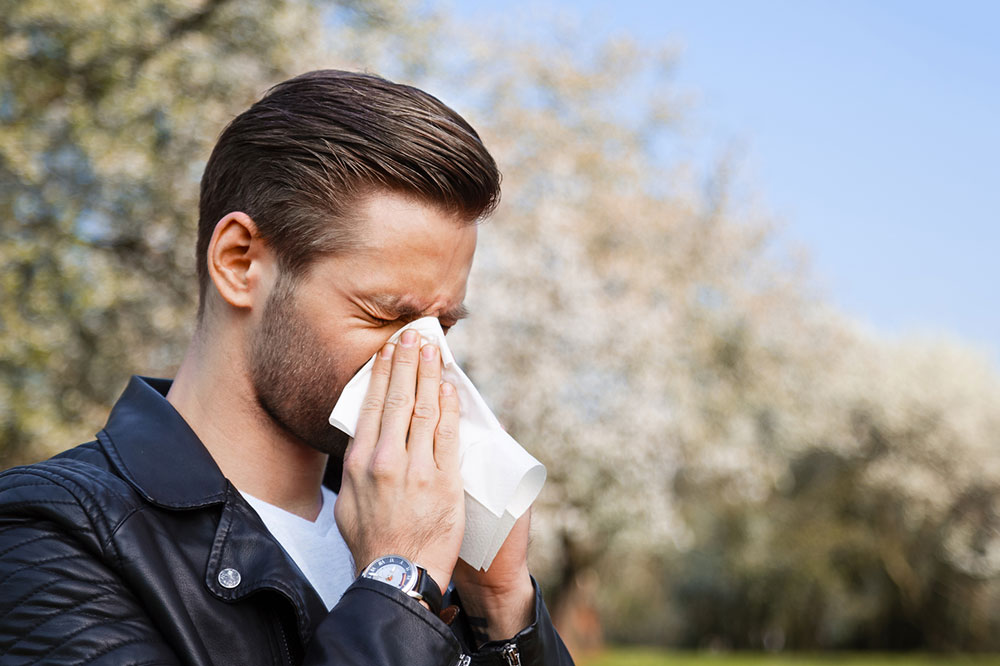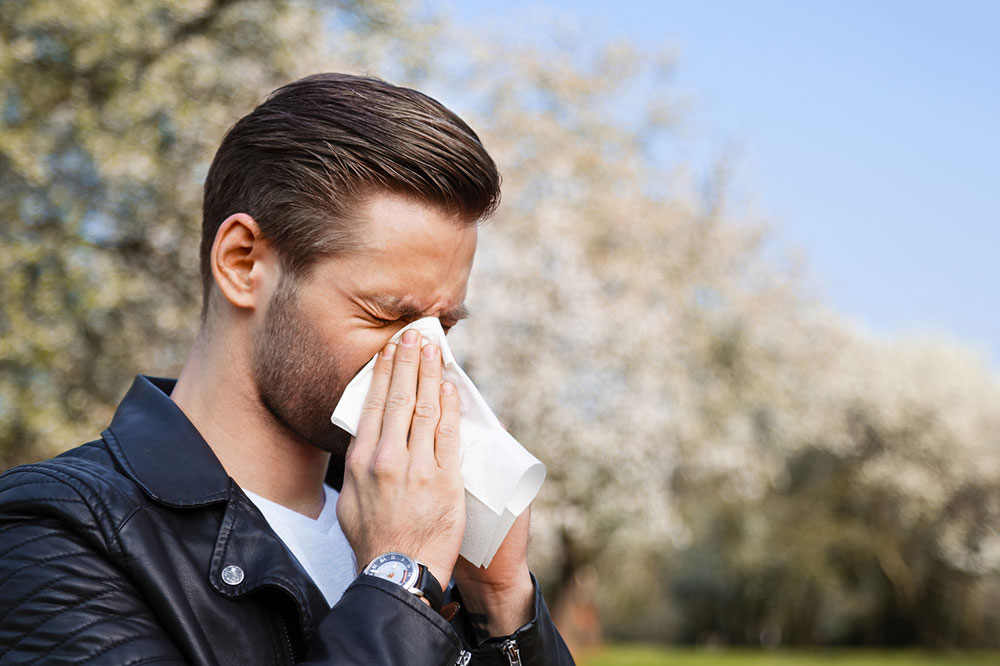Understanding Allergies: Symptoms, Triggers, and Management
This article provides a comprehensive overview of allergies, including their symptoms, common triggers, and management tips. It explains how the immune system reacts to allergens and highlights the importance of professional diagnosis and avoidance strategies to prevent severe reactions. Perfect for anyone seeking to understand allergies better and improve their quality of life through effective management.
Sponsored

“Allergy” is a common term many of us hear daily. Most people know someone with allergies, but what exactly are they? How can you tell if you're having an allergic reaction? Are allergies normal? Today, we will explore these questions to help you better understand allergies.
Defining Allergies
The immune system works to protect the body from harmful substances by producing antibodies. Sometimes, it reacts to harmless foreign agents, called “allergens,” as threats, leading to allergic reactions.
The substances causing these reactions are known as allergens. When allergens enter the body, the immune system’s response is termed “allergy.”
Recognizing Symptoms
Allergic reactions vary widely depending on the individual and the allergen involved. Symptoms can affect the nose, sinuses, airways, skin, digestive system, or lungs. In severe cases, allergies can lead to anaphylaxis, a life-threatening condition. Common signs include:
Food allergies
Food allergies often cause swelling in the lips, tongue, face, and throat. Additional symptoms may include mouth tingling, nausea, fatigue, hives, and potentially, anaphylaxis.
Drug allergies
Reactions to medications can result in skin hives, itching, rashes, facial swelling, wheezing, and in severe cases, anaphylaxis.
Skin allergies
Contact with allergens can trigger skin issues like rashes, itching, burning, and hives. Conditions like eczema cause dry, inflamed skin that may peel or bleed. Stings from insects can cause localized swelling, pain, and hives. Respiratory symptoms such as cough, chest tightness, shortness of breath, and wheezing may also occur, sometimes escalating to anaphylaxis.
Seasonal allergies
Allergic rhinitis, or hay fever, mimics cold symptoms with sneezing, nasal congestion, runny nose, and itching in the eyes and nose. It can also lead to red, inflamed eyes (conjunctivitis).
What Causes Allergic Reactions?
Triggers include dust, pollen, pet dander, mold, certain foods, and plants. Some allergies have genetic links, but inheriting a family allergy does not guarantee you will develop one. Many triggers can be managed or avoided to reduce reactions.
Most allergy symptoms are treatable with medications, either prescribed or over-the-counter. If you suspect an allergy, consulting a healthcare professional is crucial. Tests can identify specific allergens, and personalized advice can help with prevention and management. The key to controlling allergies is avoiding known triggers whenever possible.






